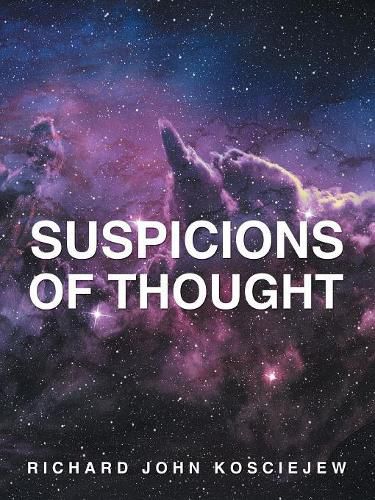Readings Newsletter
Become a Readings Member to make your shopping experience even easier.
Sign in or sign up for free!
You’re not far away from qualifying for FREE standard shipping within Australia
You’ve qualified for FREE standard shipping within Australia
The cart is loading…






This title is printed to order. This book may have been self-published. If so, we cannot guarantee the quality of the content. In the main most books will have gone through the editing process however some may not. We therefore suggest that you be aware of this before ordering this book. If in doubt check either the author or publisher’s details as we are unable to accept any returns unless they are faulty. Please contact us if you have any questions.
In one of the several contributing disciplines of cognitive science, philosophy offers two sorts of contributions. On the one hand, the philosophy of science provides a metatheoretical perspective on the endeavors of any scientific enterprise, analyzing such things as the goals of scientific investigation and the strategies employed in reaching those goals. The philosophy of science thus offers a perspective from which we can examine and potentially evaluate the endeavors of cognitive science. On the other hand, the philosophy of the mind offers substantive theses about nature. Although these theses typically have resulted from empirical investigation, they often have subsequently figured in actual empirical investigations in cognitive science or its predecessors. Because the two roles philosophy plays in cognitive science are quite different, they are introduced as an overview for cognitive science. The strategy for this overview is to present a variety of views from philosophy of science that figured on discussions about cognitive science. Some of these views are no longer widely accepted by philosophers of science. Nonetheless, they have been and, in some cases, have remained influential outside philosophy. Moreover, some older views have provided the starting point for current philosophical thinking that is done against a backdrop of previous endeavors, with a recognition of both their successes and failures.
$9.00 standard shipping within Australia
FREE standard shipping within Australia for orders over $100.00
Express & International shipping calculated at checkout
This title is printed to order. This book may have been self-published. If so, we cannot guarantee the quality of the content. In the main most books will have gone through the editing process however some may not. We therefore suggest that you be aware of this before ordering this book. If in doubt check either the author or publisher’s details as we are unable to accept any returns unless they are faulty. Please contact us if you have any questions.
In one of the several contributing disciplines of cognitive science, philosophy offers two sorts of contributions. On the one hand, the philosophy of science provides a metatheoretical perspective on the endeavors of any scientific enterprise, analyzing such things as the goals of scientific investigation and the strategies employed in reaching those goals. The philosophy of science thus offers a perspective from which we can examine and potentially evaluate the endeavors of cognitive science. On the other hand, the philosophy of the mind offers substantive theses about nature. Although these theses typically have resulted from empirical investigation, they often have subsequently figured in actual empirical investigations in cognitive science or its predecessors. Because the two roles philosophy plays in cognitive science are quite different, they are introduced as an overview for cognitive science. The strategy for this overview is to present a variety of views from philosophy of science that figured on discussions about cognitive science. Some of these views are no longer widely accepted by philosophers of science. Nonetheless, they have been and, in some cases, have remained influential outside philosophy. Moreover, some older views have provided the starting point for current philosophical thinking that is done against a backdrop of previous endeavors, with a recognition of both their successes and failures.